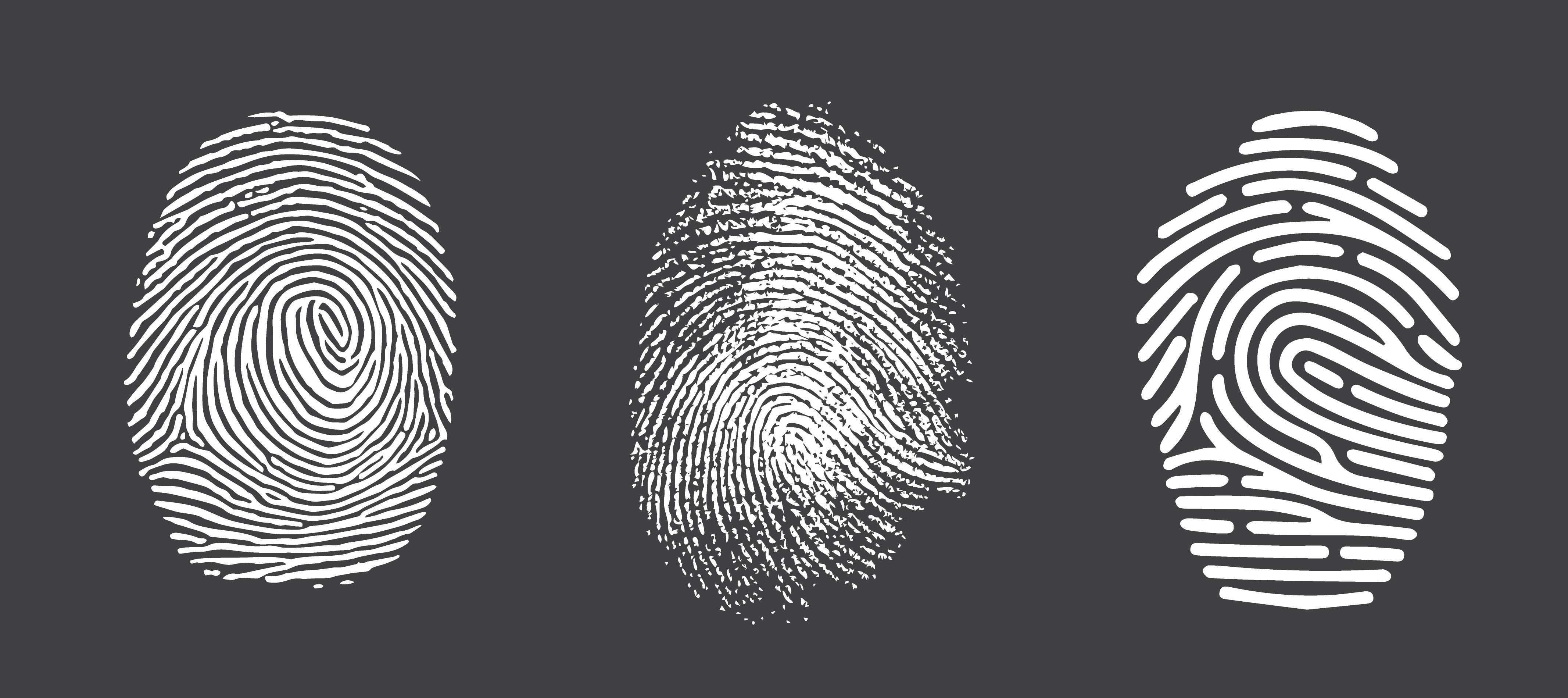When an employer conducts a background check on an applicant, there are a handful of steps that must be followed to ensure accuracy. Part of that process is what’s called an SSN Trace.
An SSN Trace Search is a lead generation tool that background checking companies will use to discover which jurisdictions an individual has lived in – and therefore which jurisdictions they may have criminal records in. It starts with the applicant’s SSN. 
The applicant will supply their SSN to the background screener who will then search their databases to establish both an address history and a list of aliases that the applicant may have used. After the address history and list of aliases (including maiden names, nicknames, common misspellings, etc.) has been gathered, the background screener will check each of the counties in the address history for public records under each of the aliases that were found.
Those public records can be anything from civil filings (bankruptcies, liens, judgements) to criminal records (felonies, misdemeanors, arrests, warrants, sex offender registrations, etc.). Depending on the purpose of the application, other public filings may be included. If the application is to drive a company vehicle, traffic citations may be especially important to the employer. If the application is for a rental property, eviction records may be more important
In any case, none of these records could be found without knowing where the individual has lived and what names they’ve gone by. There is no central database that criminal and civil records are filed into – not without doing a very costly FBI background check, at least.
It’s important to know, however, that the SSN Trace Search is a lead generation tool. Just because a name or address has been reported with that individual does not mean it’s necessarily accurate. It’s incumbent upon the background screener to verify any public records that they unearth.




